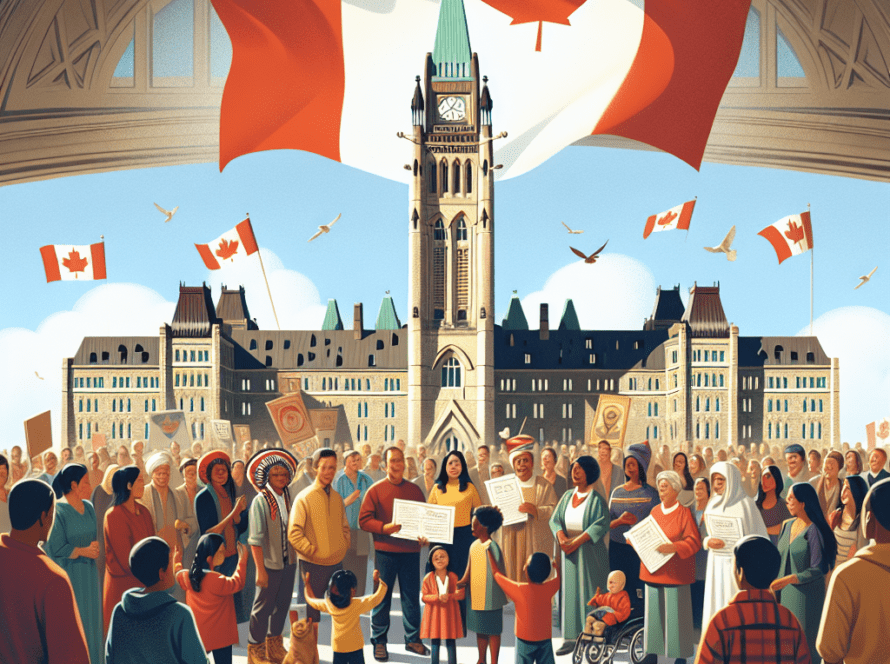Quebec’s Immigration Bill Promotes Interculturalism Over Assimilation

Quebec’s New Immigration Bill: A Shift Towards Cultural Unity
Quebec is poised to unveil a groundbreaking immigration bill that places cultural unity at the forefront, departing from the traditional Canadian model of multiculturalism. Immigration Minister Jean-François Roberge announced that the legislation will promote "interculturalism," a framework designed to foster a cohesive society that respects Quebec’s unique cultural identity. This approach aims to set clear expectations for newcomers while ensuring their integration aligns with the province’s core values, including gender equality and democratic principles.
Understanding the Shift
Roberge has articulated that the existing model of multiculturalism fails to cater to Quebec’s distinct identity. He argues that a well-defined "social contract" is essential for effective integration, especially in light of troubling government data indicating that children of immigrants are increasingly disconnected from Quebec culture compared to their parents. This raises significant questions about social cohesion and belonging.
The proposed bill outlines several key principles:
-
Recognition of Quebec as a Nation: Newcomers will be expected to understand and accept Quebec’s cultural and linguistic identity.
-
Reciprocity in Integration: Immigrants must actively engage with Quebec society, which will include learning French and adapting to local customs.
- Preventing Social Isolation: The bill aims to discourage the formation of isolated communities, promoting integration instead.
Potential Impacts on Immigration
The introduction of this bill is set to reshape Quebec’s approach to immigration by establishing clear expectations for newcomers. Key focus areas include:
-
Emphasis on French Language: An anticipated surge in demand for French language courses as proficiency becomes central to integration.
- Defined Social Contract: More explicit guidelines will create clearer expectations for immigrants, which could lead to a decrease in overall immigration numbers due to stricter selection criteria.
While the intentions behind the bill may resonate with many Quebecers seeking to preserve their cultural heritage, it has sparked significant criticism. Opponents, including immigrant rights advocates and political leaders, express concern over the potential barriers that could arise from limiting immigration and emphasizing integration without adequately increasing support resources, such as accessible French language courses.
Navigating the Future
For prospective immigrants, adapting to these new policies will involve a commitment to embracing Quebec’s cultural values and achieving proficiency in French. Compliance with the newly defined social contract will be crucial for those wishing to settle in the province.
The bill’s focus on interculturalism represents a notable shift in Quebec’s immigration landscape, reinforcing the province’s cultural identity while striving for social cohesion. However, this effort prompts essential questions about accessibility and fairness in the integration process. As debates continue, it is vital to find a balance between preserving Quebec’s cultural legacy and providing equitable opportunities for newcomers eager to make the province their home.
In summary, while Quebec’s new immigration bill aims to strengthen cultural unity and social integration, it must also ensure that the path towards becoming a part of this rich tapestry remains open and accessible to all. As Quebec navigates this complex landscape, the challenge will be to maintain its unique heritage while fostering an inclusive environment for immigrants.



